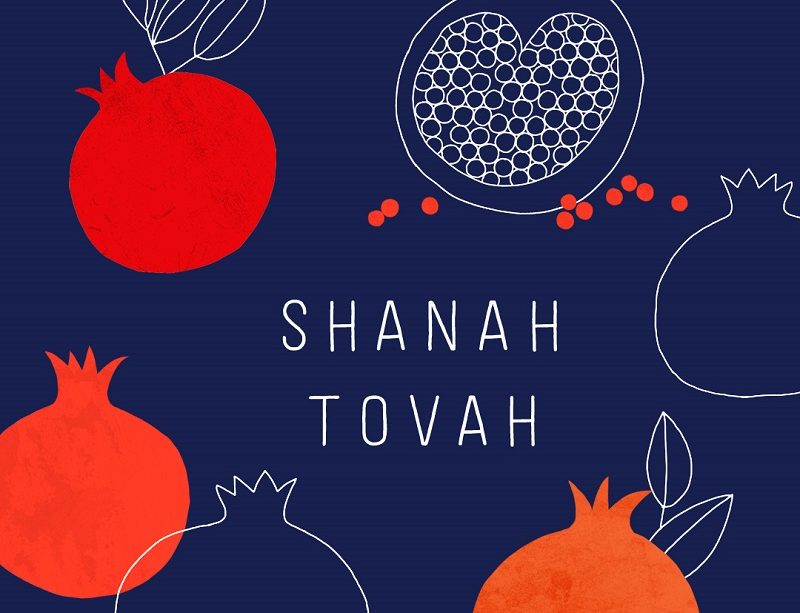Understanding the Jewish New Year: Traditions and Importance

Introduction to the Jewish New Year
The Jewish New Year, known as Rosh Hashanah, is a fundamental celebration in Judaism, marking the beginning of the Hebrew calendar year. It typically falls in September or early October, reflecting a time of reflection, renewal, and repentance. This observance is crucial not only for its cultural significance but also for the spiritual and communal practices associated with it.
Celebration and Rituals
Rosh Hashanah is observed over two days, during which several traditions and rituals are performed. One of the most notable is the blowing of the shofar, a hollowed-out ram’s horn, which signifies the call to repentance. The sound of the shofar serves as a reminder to awaken the spirit and begin a process of self-evaluation.
Food also plays a vital role in the celebrations. Special meals comprised of symbolic foods, such as honey-dipped apples (representing a sweet new year) and challah bread (representing a year of abundance), are commonly enjoyed. Families and friends gather for festive meals, emphasizing the importance of community and family bonds within Jewish culture.
Spiritual Significance
Rosh Hashanah is not simply a celebration; it is also a period for introspection and prayer. Over this time, Jewish people engage in self-reflection and consider the past year, seeking to atone for wrongdoings. The Ten Days of Repentance follow Rosh Hashanah, culminating in Yom Kippur, the Day of Atonement. This period is essential for spiritual renewal and growth, encouraging Jews to strive for moral improvement and personal betterment.
Current Observations and Global Impact
In 2023, Rosh Hashanah was observed on September 15-17, gathering communities worldwide, with special services held in synagogues and home celebrations. With the impact of the COVID-19 pandemic still lingering, many Jewish communities adapted their observances, ensuring safety while maintaining traditions through virtual gatherings and smaller, family-focused celebrations. This adaptability highlights the resilience of cultural practices amidst changing global circumstances.
Conclusion: The Relevance of the Jewish New Year
Rosh Hashanah remains a significant observance for Jewish individuals and families, offering a time to reconnect with faith, reflect on life choices, and foster community. As cultural ties and religious observances continue to adapt, the essence of Rosh Hashanah—a commitment to reflection, hope, and improvement—remains steadfast in its importance and appeal.







